We’ll Ensure Nigerians Pay Higher Electricity Tariff – FG Tells IMF
The Federal Government has assured the International Monetary Fund (IMF) that it will hand off its intervention in electricity tariffs and ensure that Nigerians pay for the full tariff cost from 2021.
The government gave the assurance in a letter of Intent jointly signed by Zainab Ahmed, Minister of Finance, Budget and National Planning, and Godwin Emefiele, Governor of Central Bank of Nigeria (CBN), and addressed to the IMF Managing Director, Kristalina Georgieva.
The commitment of the electricity tariff to the IMF was part of requirements seeking the $3.4 billion emergency financial assistance recently approved for Nigeria.
The Executive Board of the IMF approved the Rapid Financing Instrument, which the Federal Government plans to use to cushion the economic impact of the COVID-19 pandemic in the country, on 28 April.
The Federal Government also told the IMF it intends to cap electricity tariff shortfalls to N380 billion in 2020.
“We are also advancing in our power sector reforms – with technical assistance and financial support from the World Bank – including through capping electricity tariff shortfalls this year to N380bn and moving to full cost-reflective tariffs in 2021,” the letter read.
The Nigerian Electricity Regulatory Commission (NERC) had on 4 January approved an increase in electricity tariff for the 11 electricity distribution companies in Nigeria.
The implementation of the increase, which was to take effect from 1 April was, however, postponed by NERC in March, citing a number of reasons, including that 60 per cent of electricity customers are unmetered nationwide and that customers are only willing to pay the new rates only if the electric companies improved hours and quality of service.
The notice also stated that the tariff increment was suspended due to the novel Coronavirus (COVID-19) outbreak, noting that the pandemic “has significantly impacted the ability of DisCos to meter customers through their meter asset provider scheme (MAP)”.
Although the NERC-reviewed tariff was not cost-reflective enough as required by power distributors, it showed that Nigerians would definitely pay more for electricity if it had been implemented, according to the Punch.
However, an implementation of cost-reflective tariffs in 2021, going by the Federal Government’s assurance to the IMF, means that Nigerians would pay even much higher for power than the increased rates which NERC had planned to charge.


